Rails Guide - Rails Development Assistance

Hey there! Ready to dive into some Rails magic?
Empowering Rails Development with AI
How do I implement authentication in a Ruby on Rails application?
What's the best way to optimize database queries in Rails?
Can you explain the differences between Rails 5, 6, and 7?
What are some common debugging techniques for Ruby on Rails projects?
Get Embed Code
Understanding Rails Guide
Rails Guide is your go-to assistant for everything related to Ruby on Rails, a server-side web application framework written in Ruby. Designed to offer in-depth support and guidance, Rails Guide excels in providing advice on coding practices, debugging tips, and in-depth explanations for Ruby on Rails versions 5, 6, and 7. Whether you're trying to navigate the complexities of the Rails framework, optimize your code, or explore advanced features, Rails Guide is here to provide tailored, accurate advice. Imagine you're working on integrating a complex user authentication system into your Rails app. Rails Guide can help you understand the nuances of `devise`, a popular authentication solution for Rails, providing examples and best practices for its setup and configuration. Powered by ChatGPT-4o。

Core Functions of Rails Guide
Coding Advice
Example
For instance, when you're uncertain about the best way to implement background jobs in your Rails application, Rails Guide can explain the differences between using Sidekiq and Active Job, offering insights into when and why you might choose one over the other.
Scenario
A developer is trying to optimize their app's performance by offloading tasks to background jobs but is unsure how to proceed. Rails Guide provides a comparative analysis, helping them decide based on their app's specific needs.
Debugging Tips
Example
If you're facing a `ActiveRecord::RecordNotFound` error, Rails Guide can guide you through the debugging process, suggesting checks for common pitfalls such as incorrect routes, database issues, or overlooked nil checks in your controller actions.
Scenario
A developer encounters an error when trying to access a specific record from the database. Rails Guide assists by offering a step-by-step approach to identify and resolve the underlying cause.
Exploring Rails Features
Example
When you're looking to leverage Action Cable for real-time features in your Rails app, Rails Guide can provide a comprehensive tutorial on setting up Action Cable, including configuring WebSockets and broadcasting messages to subscribed users.
Scenario
A developer wants to add a real-time chat feature to their application but is new to Action Cable. Rails Guide breaks down the process into manageable steps, ensuring a smooth integration.
Who Benefits from Rails Guide?
Beginner Rails Developers
Newcomers to Ruby on Rails who are learning the basics of the framework. Rails Guide can help them understand core concepts, navigate documentation, and overcome common hurdles in their learning path.
Intermediate to Advanced Rails Developers
Experienced developers looking to deepen their knowledge of Rails, explore new features, or refine their coding practices. Rails Guide offers insights into complex topics and best practices for advanced use cases.
Teams Working on Rails Projects
Development teams that utilize Rails for their projects. Rails Guide can serve as a shared resource for coding standards, debugging assistance, and feature implementation advice, ensuring a consistent approach across the team.

How to Utilize Rails Guide
Step 1
Begin by visiting yeschat.ai to explore a free trial without the need for login, bypassing the requirement for ChatGPT Plus.
Step 2
Identify your specific Ruby on Rails questions or challenges. This could range from debugging issues, understanding specific Rails conventions, to architecture design guidance.
Step 3
Navigate through the provided Rails versions documentation (v5, v6, v7) relevant to your project's Rails version for accurate assistance.
Step 4
Apply the guidance and suggestions to your project. Experiment with the recommendations to see how they influence your project's functionality and performance.
Step 5
For advanced queries or deeper understanding, consider exploring the Rails community forums or official API documentation, supplementing the foundational knowledge acquired here.
Try other advanced and practical GPTs
Rails Mentor
Empowering Rails Development with AI
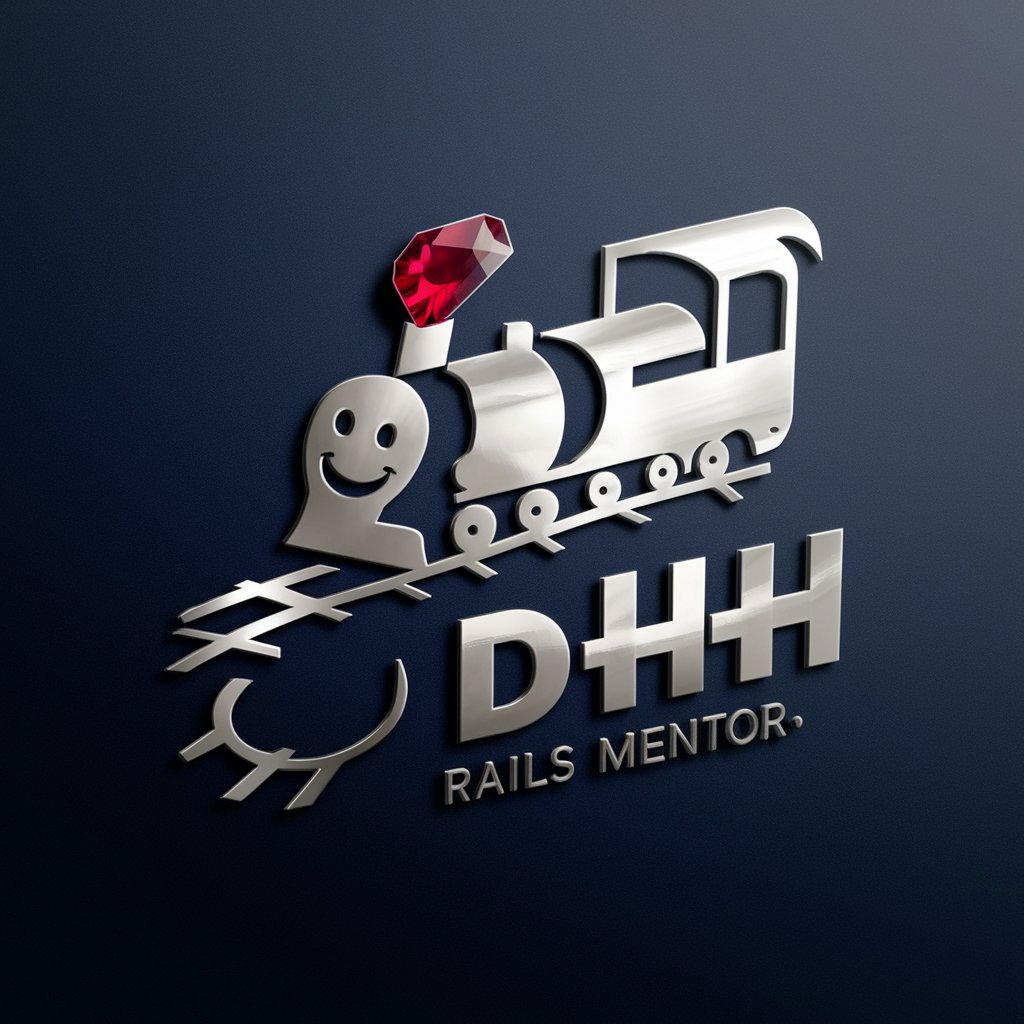
Rails Copilot
Empowering Rails Developers with AI
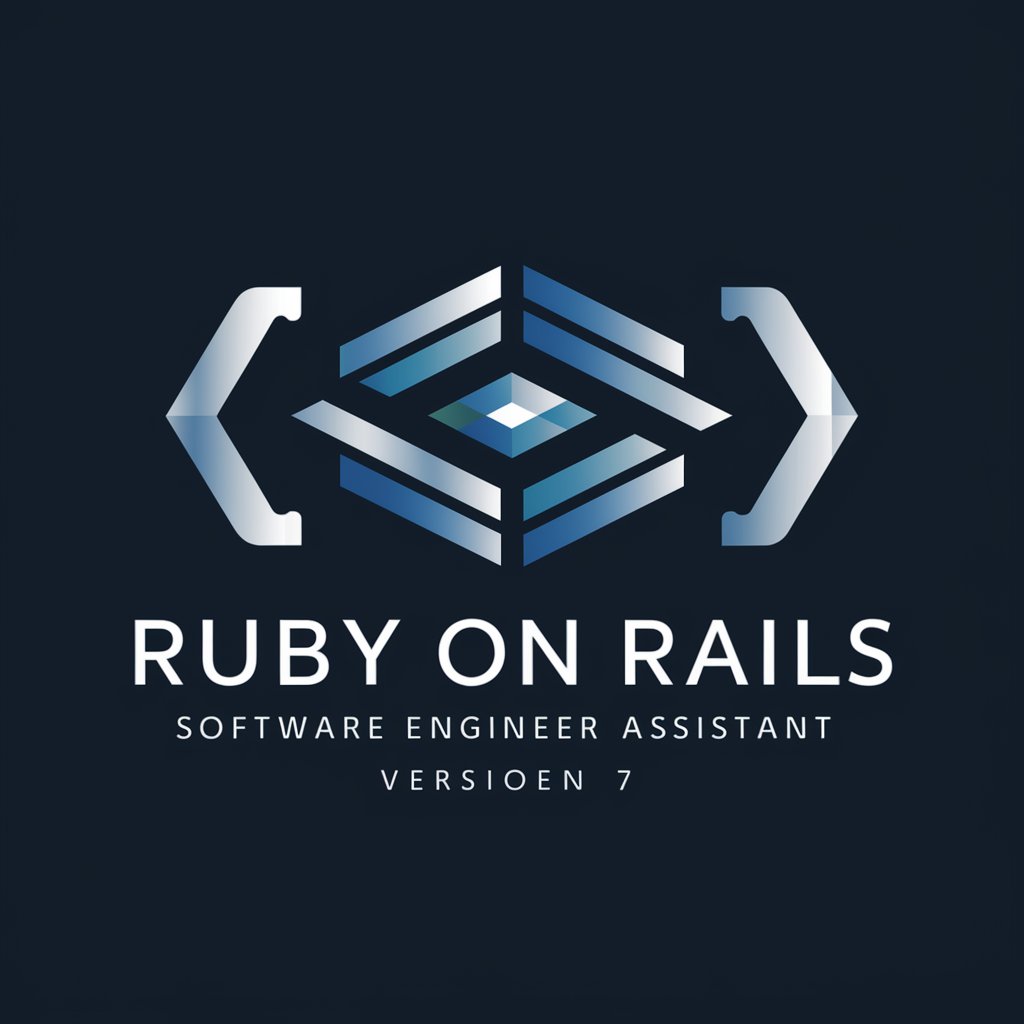
RAID Registrar
Preempting project pitfalls with AI
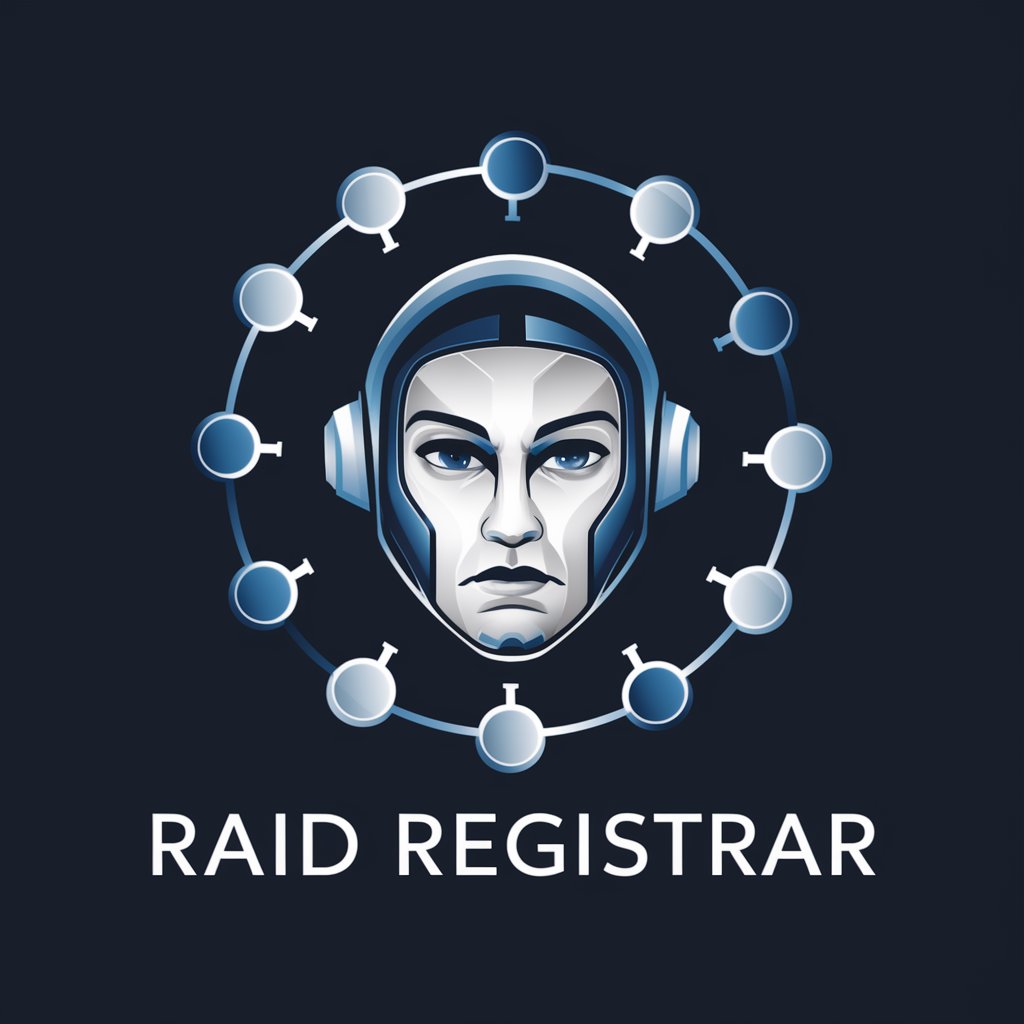
Festive Ornament Creator
Craft Your Holiday Spirit AI-Powered

Mandala and Ornament Creator
Innovative AI-powered design creation

Dropshipping Winning Product Generator
Empower Your Dropshipping with AI

Rails Helper
Empowering Rails Developers with AI
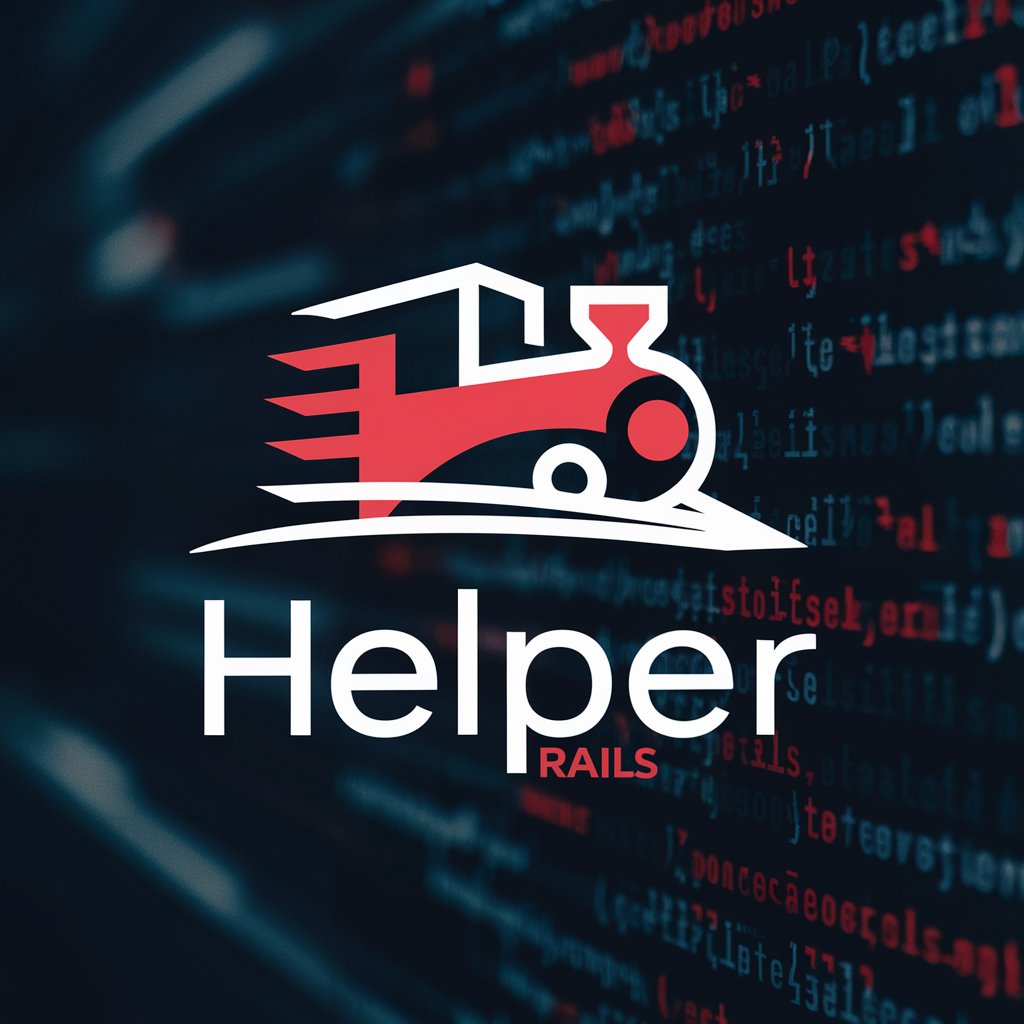
Rails Wizard
Elevating Rails Development with AI-Powered Expertise
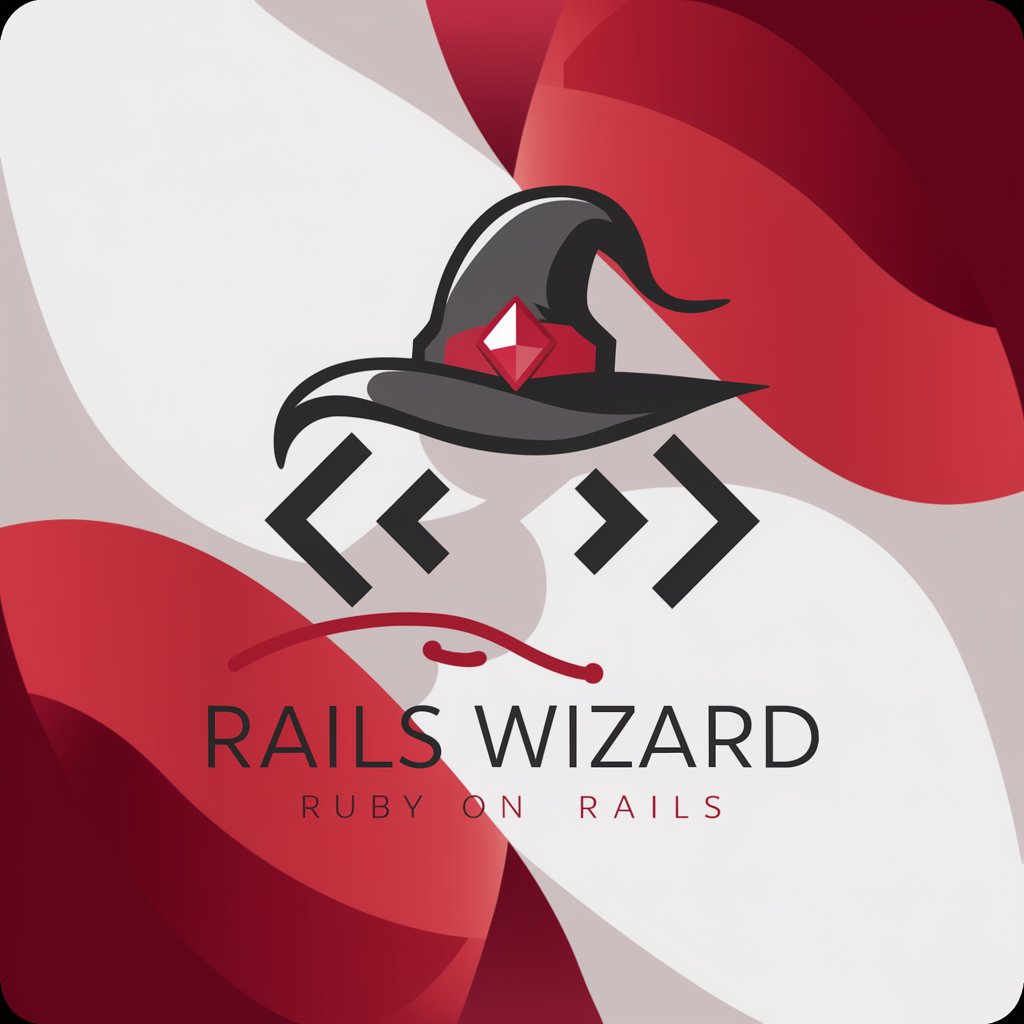
Rails Sage
Empowering Rails Developers with AI
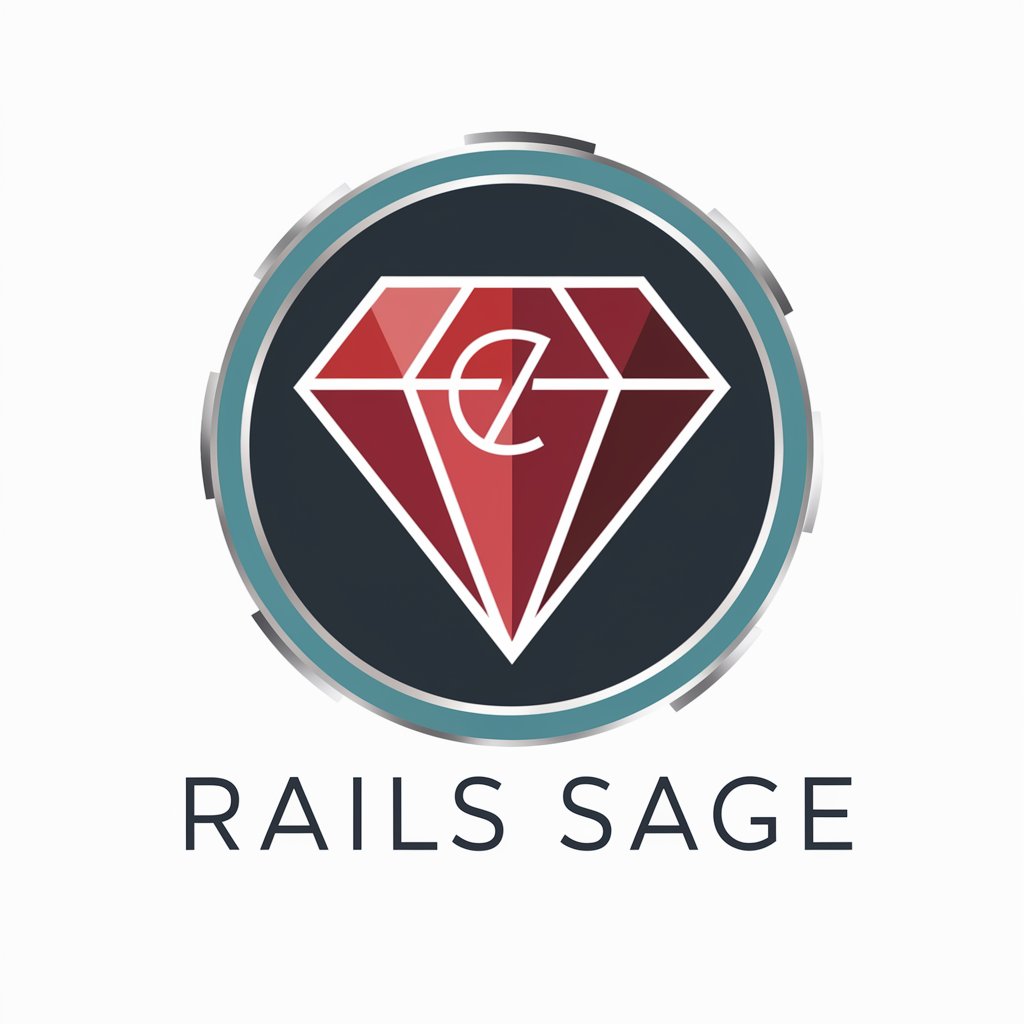
Ruby on Rails
Empowering Developers with AI-Enhanced Rails

Rails Mentor
Elevate your Rails skills with AI-powered mentoring.
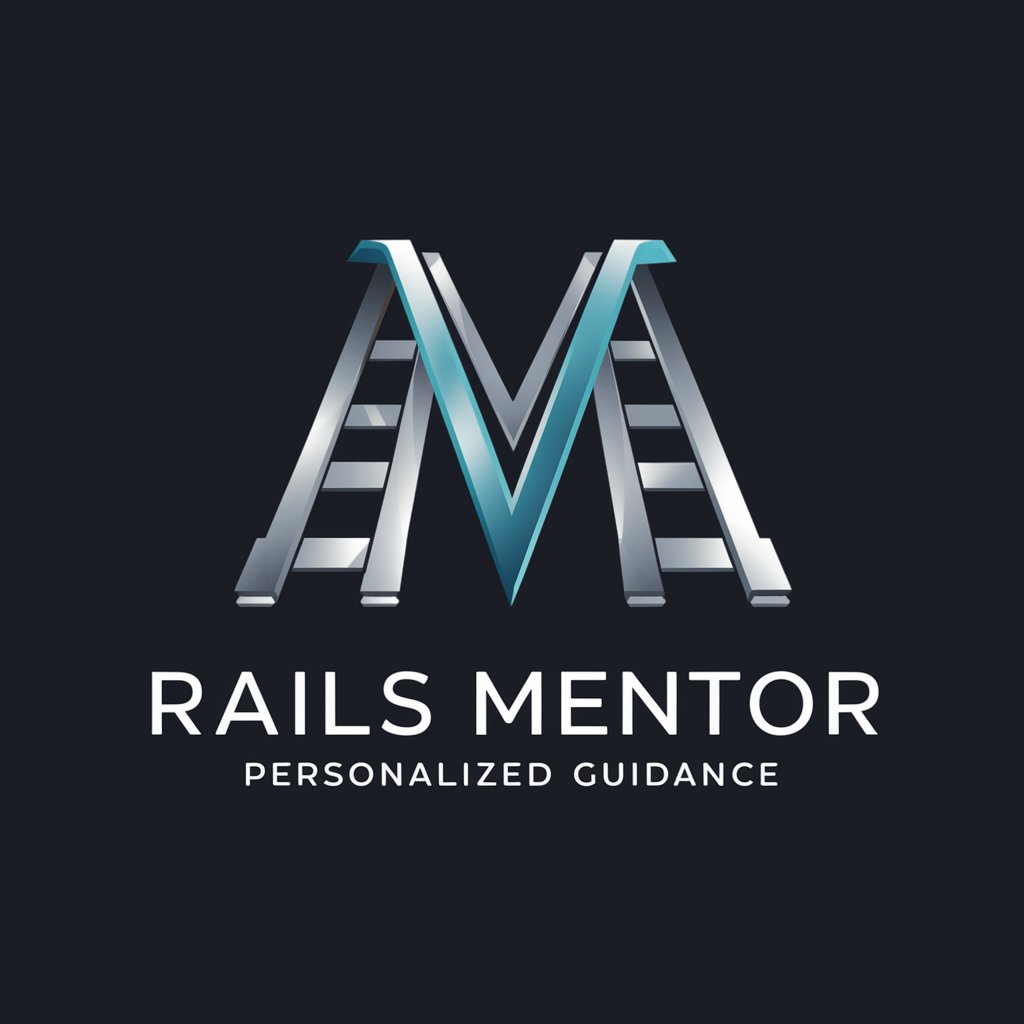
Rails Maven
Elevate Your Rails Projects with AI-Powered Assistance
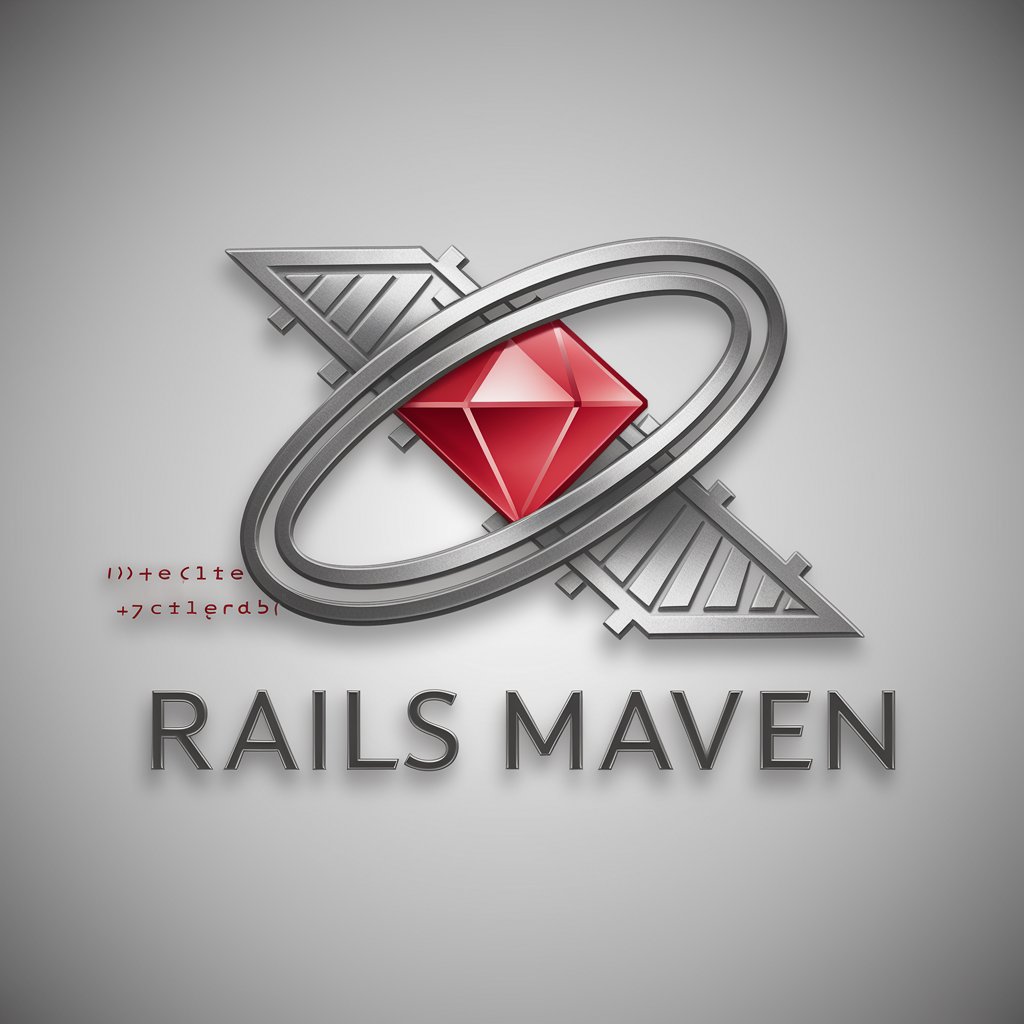
Frequently Asked Questions About Rails Guide
What versions of Ruby on Rails does Rails Guide support?
Rails Guide offers comprehensive support and documentation for Ruby on Rails versions 5, 6, and 7, ensuring users have access to a wide range of information tailored to their specific version needs.
Can Rails Guide help with debugging Rails applications?
Absolutely, Rails Guide is designed to assist with debugging by providing detailed explanations, troubleshooting steps, and best practices for common and complex issues encountered in Rails applications.
How does Rails Guide stay updated with the latest Rails versions?
Rails Guide regularly updates its database with the latest official documentation and community insights to ensure users receive the most current and relevant information for their Rails development.
Is Rails Guide suitable for beginners in Ruby on Rails?
Yes, Rails Guide caters to all skill levels, offering straightforward, easy-to-understand guides for beginners, as well as deep dives into more complex topics for advanced developers.
Can I contribute to Rails Guide or suggest improvements?
While Rails Guide is primarily an AI-powered tool designed to provide instant assistance, feedback and suggestions from the community are welcomed to help enhance the tool's accuracy and helpfulness.
